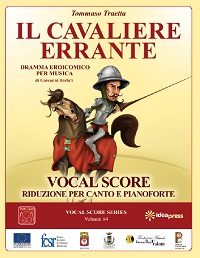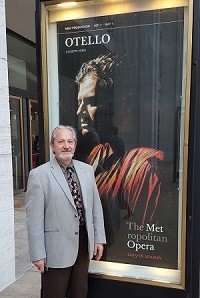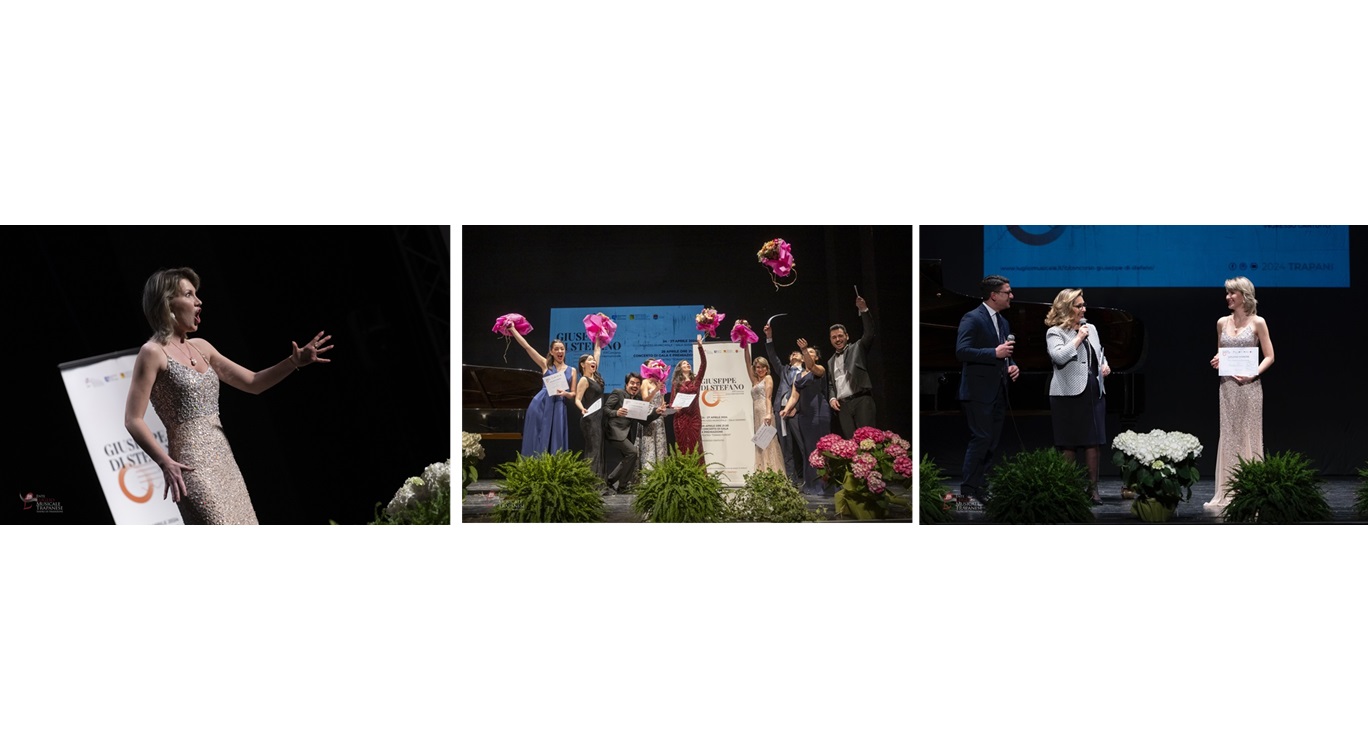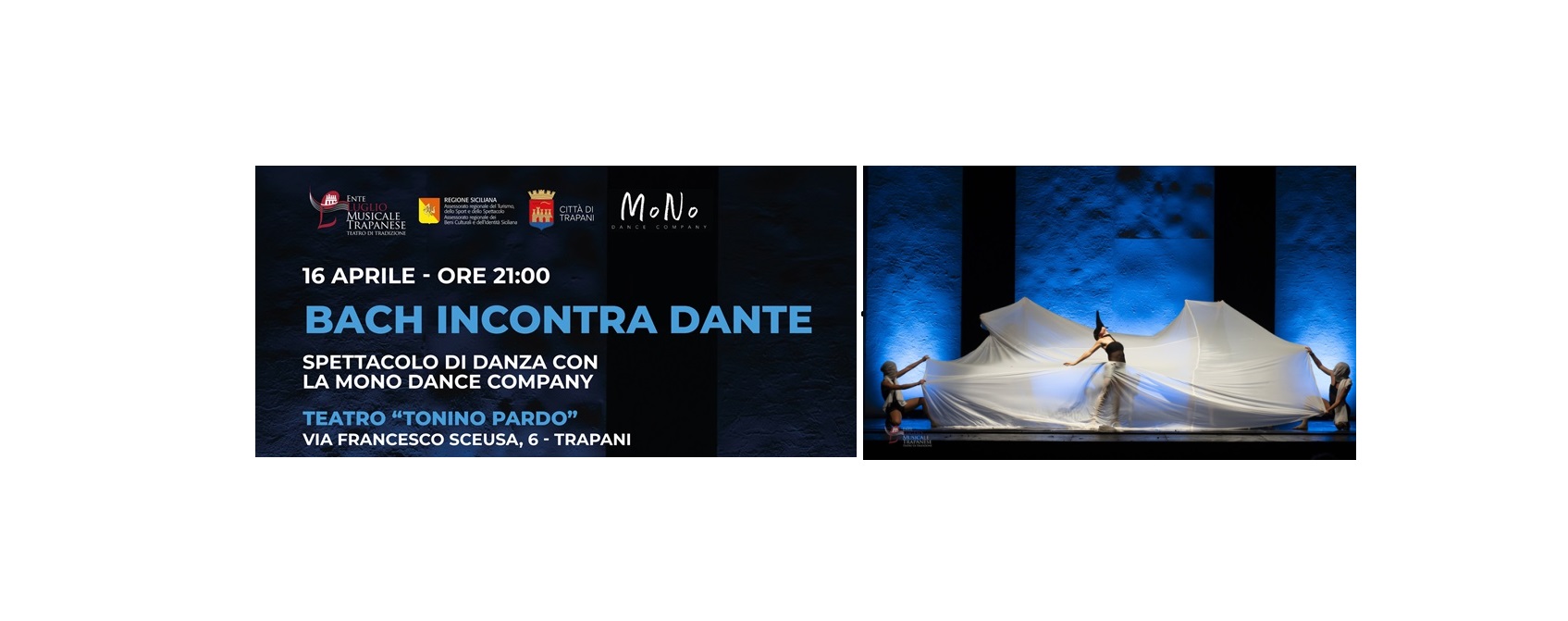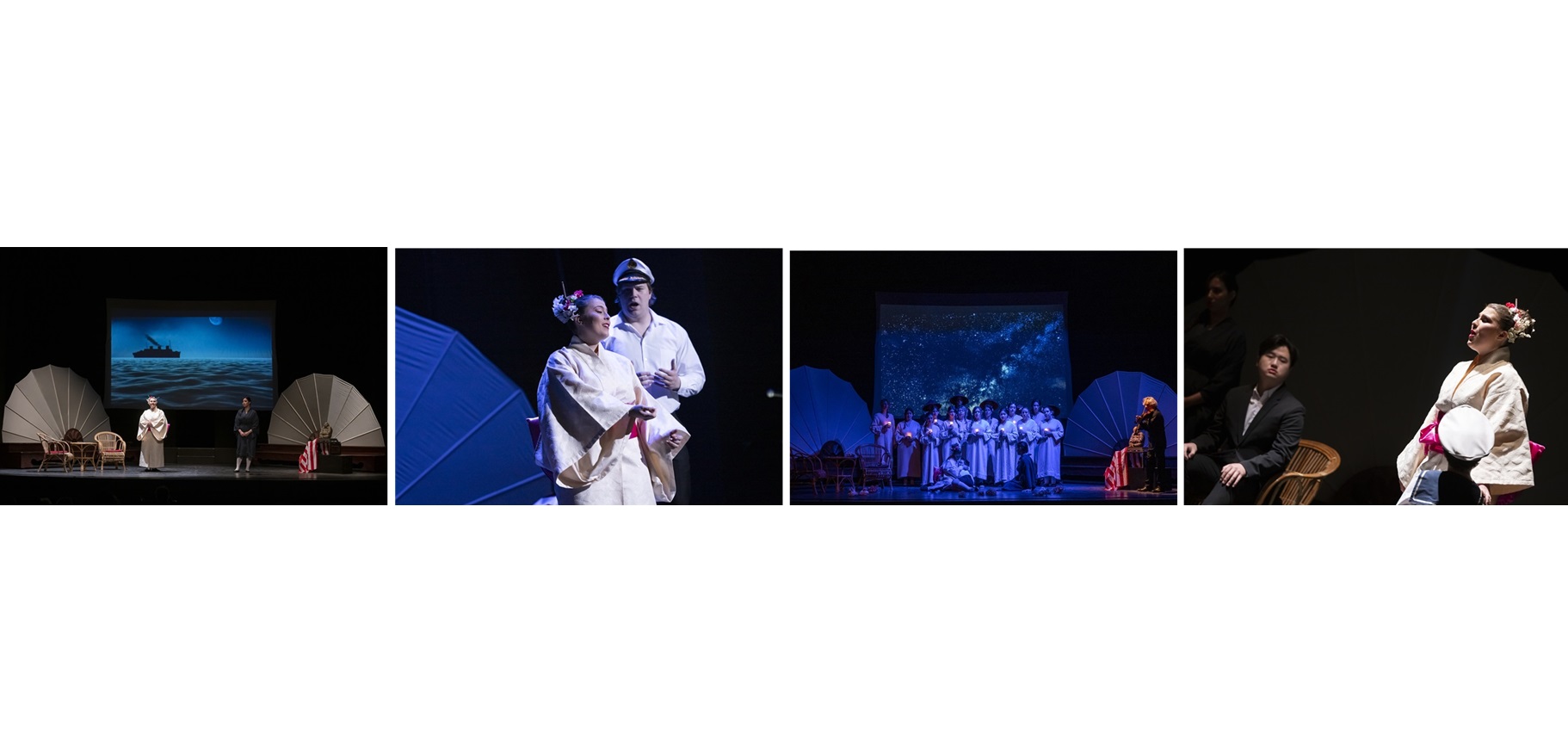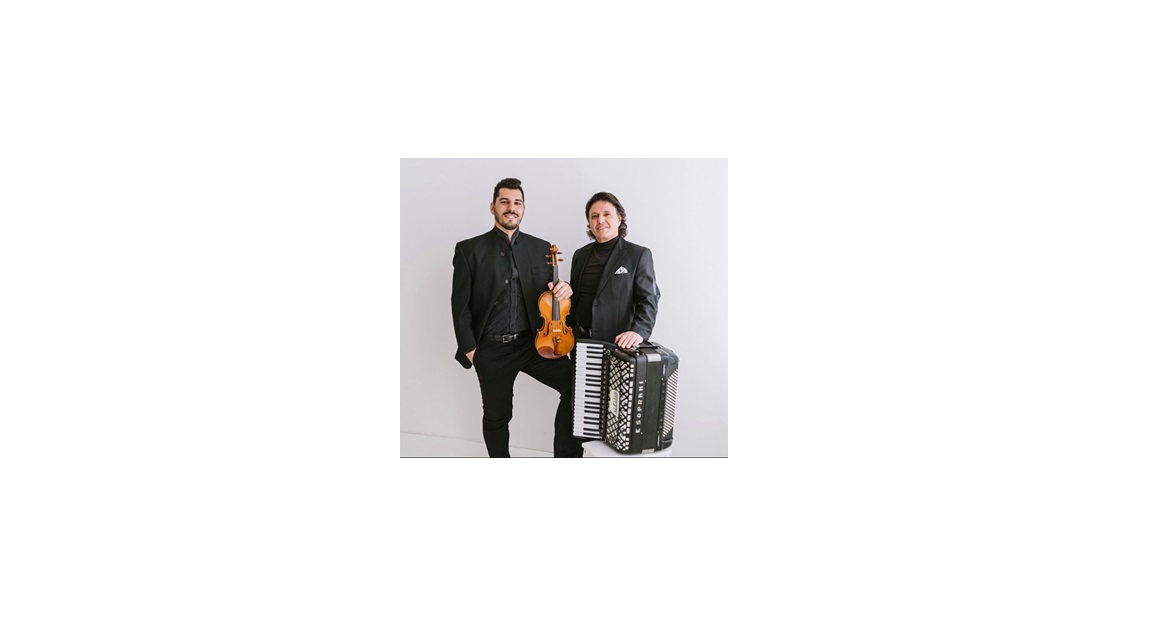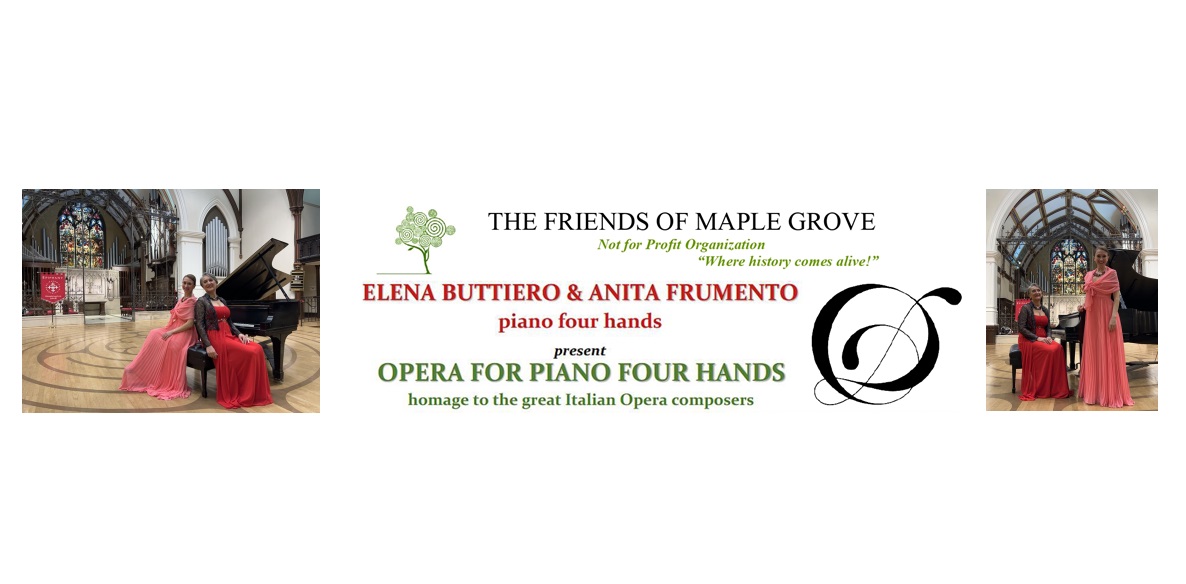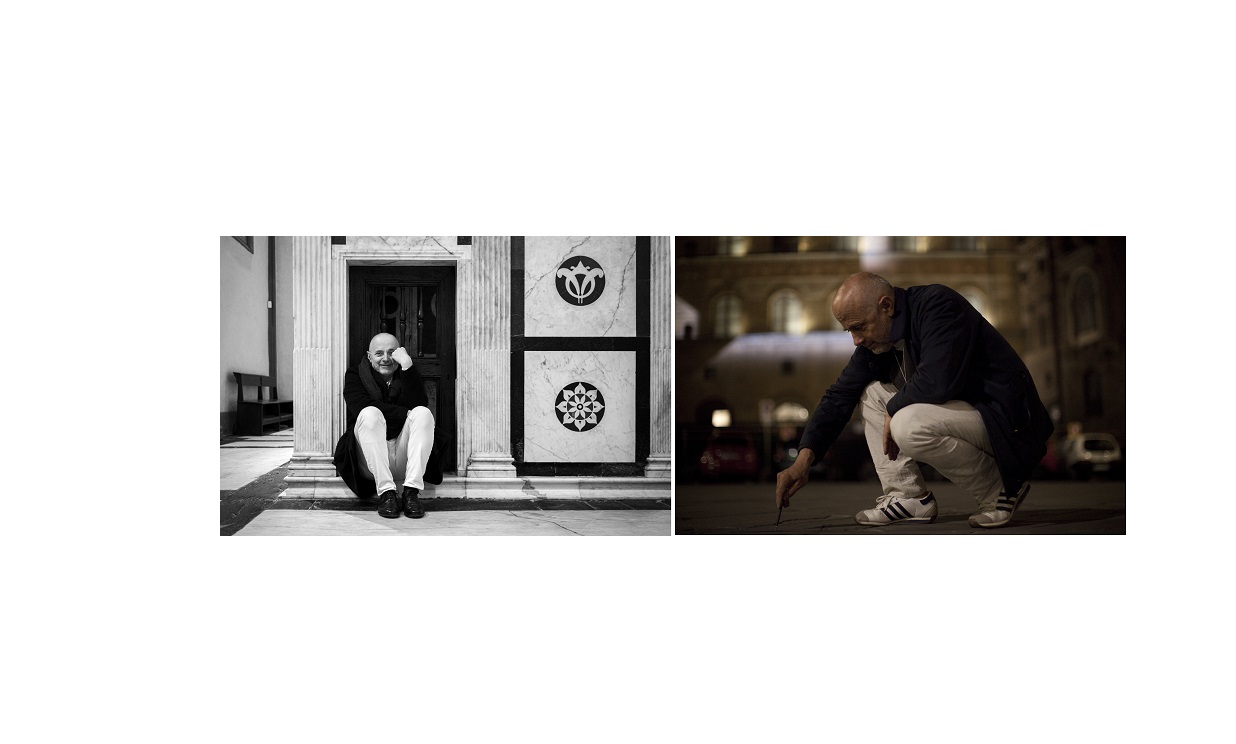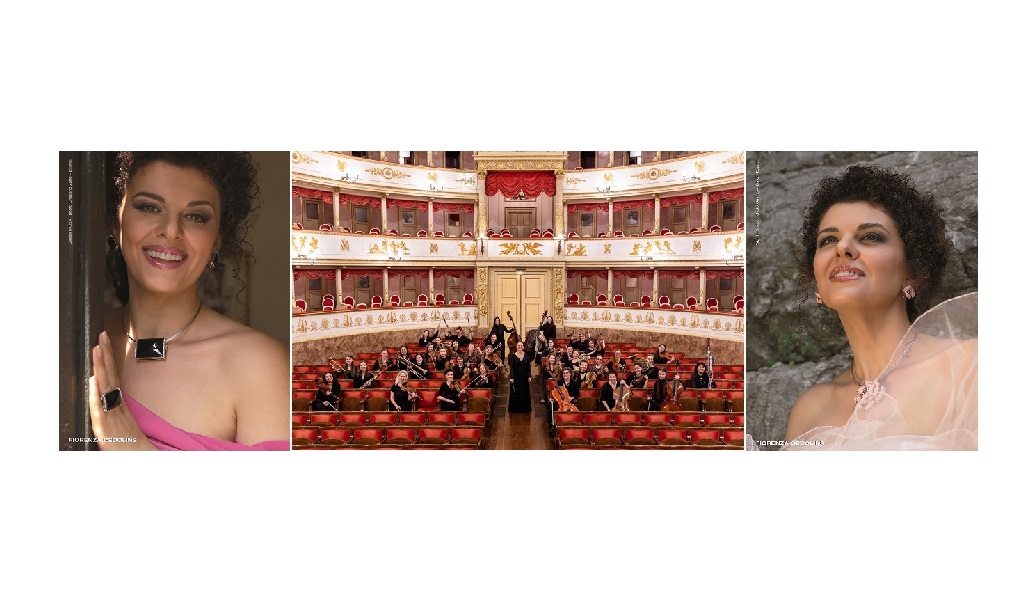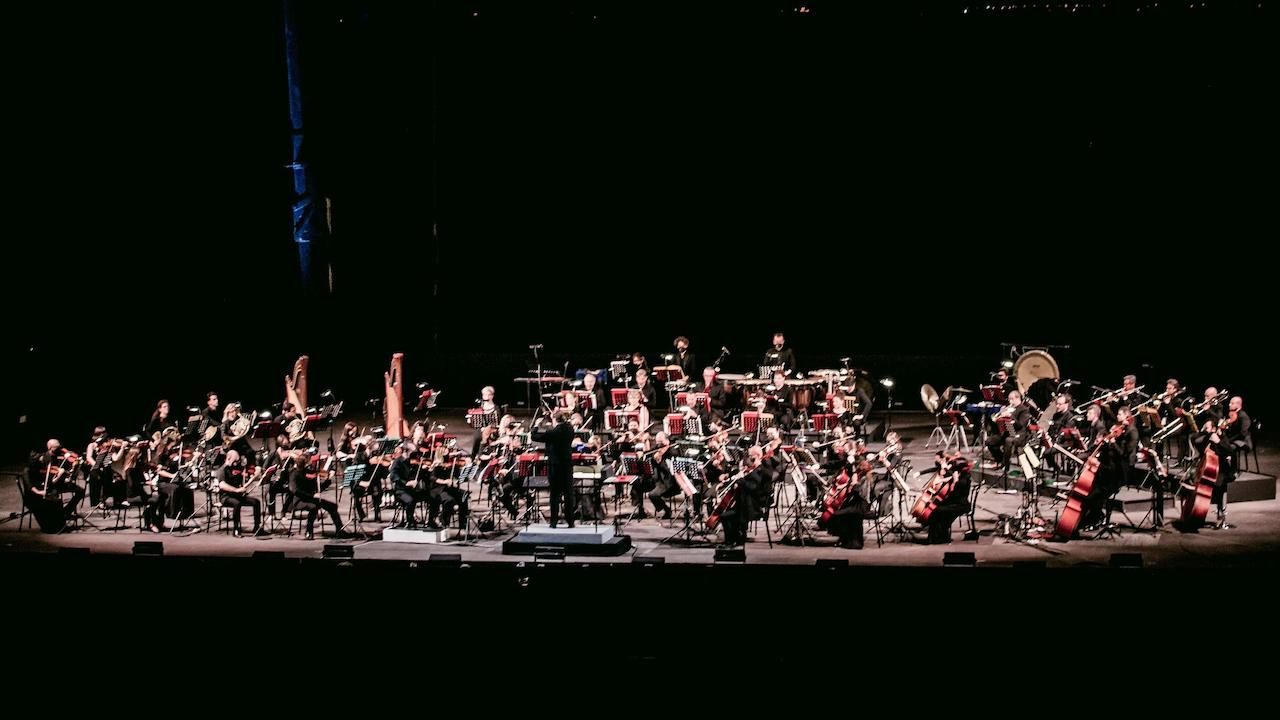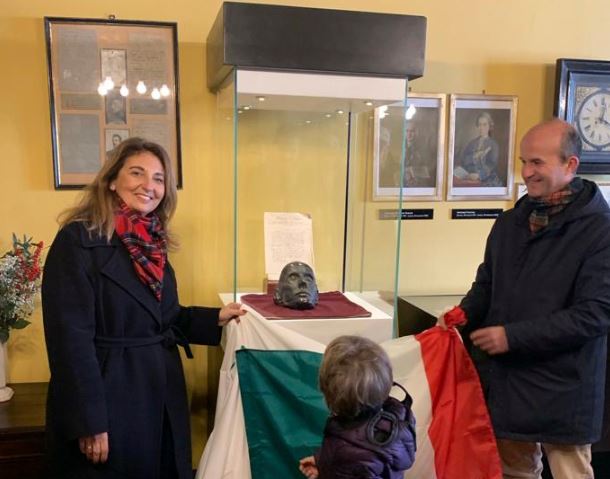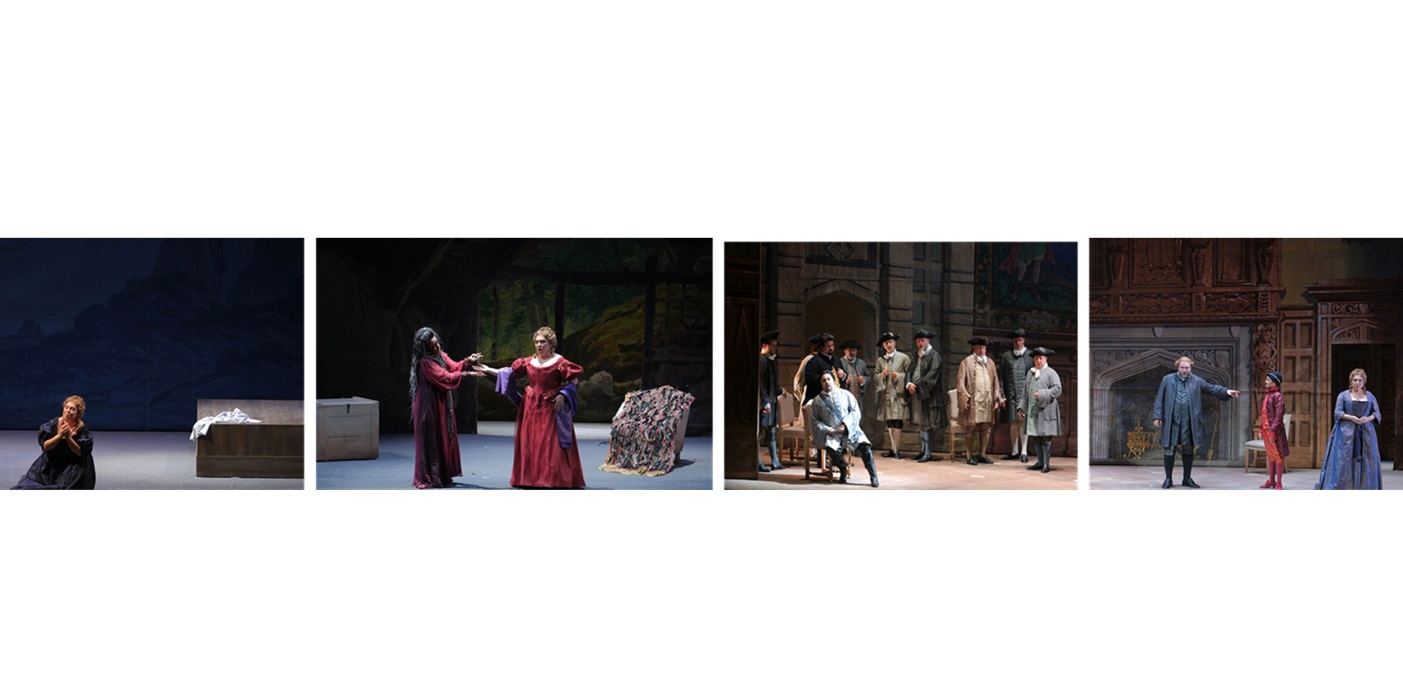The Lyric Opera of Chicago presents a comic operetta that leaves you dancing in the aisles!
DIE FLEDERMAUS
- by Johann Strauss Jr
- In German with projected English texts.
Strauss’s Die Fledermaus is a new-to-Chicago production. Production owned by San Francisco Opera Association.
- Running time: 3h, 28m

2013: DECEMBER 10, 13, 16, 18, 21
2014: JANUARY, 10, 12, 15, 18
Waltzes galore and more…it’s the world’s favorite operetta, and it’s laughter all the way.
Two friends angle to “out-prank” each other, a wife contemplates a tenorial fling, her maid schemes to break into showbiz, and Vienna’s favorite prince encourages us all to party on!
“This production is a delightful reminder of how much pleasure can be had from Johann Strauss, Jr.’s operetta…American director E. Loren Meeker brings it to life with energy and abundant charm.” Opera News
Lyric Opera presentation of Johann Strauss, Jr.’s Die Fledermaus generously made possible by the Donna Van Eekeren Foundation and Katherine A. Abelson and Robert J. Cornell.
Starring
-

Rosalinde
Juliane Banse
With her sensual, smoky high sopran, “Juliane Banse is capivating.” The New York Times
-

Eisenstein
Bo Skovhus
Superstar Bo Skovhus “makes a handsome and dashing philanderer.” Chicago Tribune
-

Adele
Daniela Fally
Daniela Fally: “Amazing top notes, laser beam accuracy, plummy tone, and oh, what trills.” Opera News
-

Falke
Adrian Eröd
Adrian Eröd, “one of the great music theater discoveries of the last decade” (Die Presse, Vienna) will shine as the crafty Falke!
-

Alfred
Michael Spyres
With his “gorgeous lyric tenor” (Opera News), Michael Spyres will be ideal as the would-be-seducer Alfred.

Rosalinde
Juliane Banse*
Eisenstein
Bo Skovhus
Adele
Daniela Fally*
Falke
Adrian Eröd
Alfred
Michael Spyres*
Prince Orlofsky
Emily Fons† †
Frank
Andrew Shore
Dr. Blind
David Cangelosi† †
Frosch
Fred Wellisch
Ida
Julie Anne Miller†
Ivan
Will Liverman†
Conductor
Ward StareDirector
E. Loren Meeker**Set Designer
Wolfram Skalicki
Costume Designer
Thierry Bosquet
Lighting Designer
Duane Schuler
Chorus Master
Michael BlackChoreographer
Daniel Pelzig
LIFE’S A BALL
High style and comedy in 3/4 time
Die Fledermaus
by Magda Krance
Imagine a city full of the rich young and restless. They dress extravagantly and dance madly till dawn. They prank each other and disguise themselves to relieve ennui. They’re fabulously decadent, and their bad behavior often lands them in jail.
Narcissistic millennials? Denizens of the heady Jazz Age? True enough. But back in the mid-1800s, that description fit the refined hedonism of “New Vienna” like a kid glove. The city was flush with nouveau-riche entrepreneurs and speculators spending lavishly on magnificent mansions and endless parties. Johann Strauss, Jr. (1825-99) cranked out 200+ dance tunes before he turned 30, quickly surpassing his father’s output and popularity. The rock-star composer-conductor had six orchestras playing multiple gigs nightly. As Hector Berlioz observed, “The youth of Vienna gives rein to its passion for dancing…I spent whole nights watching these incomparable waltzers whirling around in great clouds…. what an influence [Strauss] has already had on the musical taste of Europe as a whole.”
Johannes Brahms also sang Strauss’s praise: “There is a master of the orchestra, so great a master that one never fails to hear a single note of any instrument.” Even Richard Strauss (no relation) declared, “How could I have composed [the Rosenkavalier waltzes] without thinking of the laughing genius of Vienna?”
In the early 1870s J. Strauss turned to operetta; his first efforts succeeded despite weak libretti. The third, Die Fledermaus, became the dazzling charmer for the ages after it premiered in 1874 – even though the glittering world it depicts had been seriously shaken just 11 months earlier, after a ginormous stock-market crash ravaged the Austro-Hungarian economy. Strauss could’ve called it The Way We Were.
But you can’t keep the ebullient Viennese down, and the “Black Friday” gloom had mostly dissipated when Strauss’s irrepressible Fledermaus first kicked up its heels.
The opening measures snap and crackle with the promise of intoxicating merriment and mischief. The overture music pops and sparkles like – what else? – champagne. Coyly feminine musical phrases alternate with manly swaggering, which signals a cascade of lively deceptions and intrigues to come. The orchestra hesitates tipsily before accelerating to a dizzying gallop.
By the time the curtain rises you’ll be under the influence, fully primed for a roaring good time. As essayist Gordon Stewart noted, “the complete distillation of gaiety and joie de vivre that the composer put into Die Fledermaus has never been The operetta has been seen four times previously at Lyric since 1982.
“We’ve chosen to present a traditional, beautiful, very entertaining and very funny production,” says general director Anthony Freud of the San Francisco Opera production (new to Chicago) directed by E. Loren Meeker (Lyric directorial debut) and designed by Wolfram Skalicki (sets), Thierry Bosquet (costumes), and Duane Schuler (lighting). Music director Sir Andrew Davis praises the “dream cast”:
Juliane Banse (Rosalinde) is “a wonderful actress with a beautiful, beautiful voice. Bo Skovhus (Eisenstein) is one of the great European artists – we had terrific fun in Die Meistersinger. I’ve heard excellent things about Daniela Fally (Adele), Michael Spyres (Alfred), and Adrian Eröd (Dr. Falke). Emily Fons (Prince Orlofsky) is exceptional at portraying adolescent males – most recently Cherubino at Santa Fe Opera. Andrew Shore (Frank) is a terrific comedian, as we recall from his Falstaff and Pooh-Bah in The Mikado.”
The Fledermaus tale twists like a bat in flight: ardent tenor Alfred serenades his former sweetheart, Rosalinde (now respectably married), to her professed horror and secret delight. Her husband, prosperous Gabriel von Eisenstein, is off to jail for a minor infraction – how convenient! His hapless lawyer, Dr. Blind, has actually caused a longer sentence.
The maid Adele wheedles for the night off, having received an invitation to Prince Orlofsky’s ball. Dr. Falke drops by to invite Eisenstein to flirt and feast at the ball, telling Rosalinde he’s escorting her husband to jail. Alfred sneaks in to continue his wooing, but is foiled when the prison warden Frank comes for Rosalinde’s husband (whom Alfred pretends to be) and hustles Alfred off to jail so he can proceed to the same ball. And – an invitation comes for The Good Wife, so off she goes as well!
Got all that? It gets worse, and thus better. Everyone (but Alfred) arrives at the prince’s party in masks, having been invited incognito by Falke. He presents the bored young host with the evening’s diversion, “The Bat’s Revenge,” hearkening back to when Eisenstein had ditched the passed-out doctor on a park bench – dressed in a bat costume and mocked by passersby. Falke introduces Eisenstein and his would-be jailer as “Marquis Renard” and “Chevalier Chagrin” (their faux-français bumbling is hilarious), Adele as the actress Olga, and Rosalinde as a Hungarian countess. Mirthful misbehavior abounds, all abetted by champagne. The action shifts to the jail in the early morning, where further amusing complications and embarrassments ensue. Ultimately, champagne takes the blame and all is forgiven in the frothy finale.
The melodies of Die Fledermaus are hummably familiar and perennially fresh, engendering affection for characters who might otherwise seem less than charming: straying spouses, a scheming maid, a revenge-driven prankster, a lousy lawyer, dissolute nobility, overserved guests. Note that the second acts of Die Fledermaus and Verdi’s La traviata depict the beau monde/demimonde revels perfectly summarized by Prince Orlofsky’s jaded motto, “Chacun à son goût!” (Everyone to his taste). As Stewart observed, “After 1850 there grew up in [Vienna] a nightlife that had not existed before…gentlemen were not accompanied by their wives, whose image of respectability excluded them from such orgies of pleasure…the only chance a respectable woman had was to attend a masked ball where one could pleasantly play with fire and a man could seek adventure. The masked ball was a symptom of the moral attitude of the time.”
A little darkness below the surface makes Die Fledermaus glitter gaily all the more. “The Bat’s Revenge” will brighten Lyric’s stage immeasurably during the long midwinter evenings of December and January.




